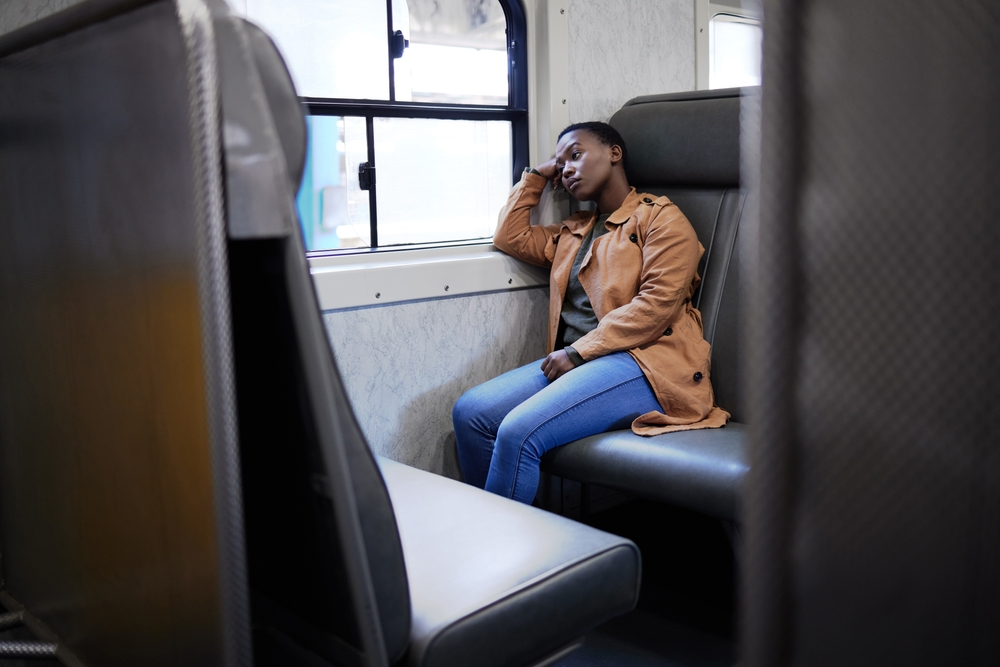The battle against depression just got an unexpected ally from nature, and it’s making researchers rethink everything they know about mental health treatment. With 280 million people worldwide struggling with depression, traditional medications aren’t cutting it for everyone, but recent studies suggest an ancient remedy might hold the key to breakthrough treatment.
The numbers are staggering, and they tell a story of a global mental health crisis that’s only growing. Traditional treatments, while helpful for many, leave a significant portion of patients searching for alternatives. This is where the groundbreaking research into psilocybin comes in, offering a glimmer of hope for those who’ve tried everything else.
The science changing how we view depression treatment
Psilocybin, the natural compound found in certain mushrooms, isn’t just creating buzz in research circles, it’s showing real promise in treating depression. A groundbreaking review published in the BMJ reveals something extraordinary: this natural compound might actually work better than common antidepressants, and the implications are huge.
When researchers compared high doses of psilocybin with escitalopram, a widely prescribed antidepressant, they found something remarkable. Not only did psilocybin match the effectiveness of traditional treatment, but in many cases, it surpassed it. But what makes this discovery truly revolutionary isn’t just its effectiveness, it’s how differently it works from conventional treatments.
How psilocybin transforms the depressed brain
Think of depression like a brain stuck in a deep rut, playing the same negative thoughts on repeat. Traditional antidepressants try to change the brain’s chemistry gradually, like slowly turning a large ship. Psilocybin, on the other hand, seems to work more like a reset button, helping the brain create new patterns and break free from old thought cycles.
The mechanism behind this transformation is fascinating. Unlike traditional antidepressants that work by adjusting serotonin levels, psilocybin appears to help the brain forge new neural connections. It’s like giving the brain the tools to build new pathways around the old, worn tracks of depressive thinking.
Research has shown that during psilocybin sessions, different areas of the brain that don’t usually communicate begin talking to each other. This increased connectivity might explain why patients often report experiencing profound insights and a new perspective on their problems.
Why this treatment could be a game changer
Unlike traditional antidepressants that often take weeks to kick in and require daily doses, psilocybin shows promise with just a single treatment. Dr. David Merrill, a board-certified geriatric psychiatrist, points out that this could revolutionize how we treat depression, offering quick relief when people need it most.
The implications of rapid-acting treatment are enormous. For someone in the depths of depression, waiting weeks or months for medication to take effect can feel like an eternity. The possibility of significant improvement after just one or two sessions could literally be life-saving for many patients.
The research that’s turning heads
The evidence is compelling and continues to grow. Studies show that high doses of psilocybin outperform escitalopram in treating depressive symptoms. Even more intriguing, the effects seem to last for months or even years after treatment, something unheard of with traditional medications.
Researchers have documented cases where a single psilocybin session led to improvements lasting six months or more. This durability of effect is particularly noteworthy when compared to traditional antidepressants, which typically stop working when patients discontinue use.
Beyond the placebo effect
Here’s where it gets really interesting, when researchers compared psilocybin to traditional antidepressants, they found something surprising. The placebo effect, which often clouds depression research, was actually lower in psilocybin trials, suggesting the improvements were more likely due to the treatment itself.
This lower placebo response is particularly significant in the context of depression research, where high placebo rates have long been a confounding factor. The fact that psilocybin shows clear benefits beyond placebo effects adds substantial weight to its potential as a legitimate treatment option.
Understanding the bigger picture
While these findings are exciting, researchers are quick to point out we’re still in the early stages. The studies vary in how they’re conducted, which populations they look at, and how they measure success. It’s like putting together a puzzle where we can see the picture forming, but some pieces still need to find their place.
The challenges in standardizing psychedelic research are significant. Questions remain about optimal dosing, treatment frequency, and the importance of the therapeutic setting. Additionally, researchers are working to understand who might benefit most from this treatment and who might be at risk for adverse effects.
What this means for mental health treatment
The potential impact of this research can’t be overstated. For the millions who’ve tried traditional antidepressants without success or couldn’t tolerate the side effects, psilocybin offers new hope. It’s not just another treatment option, it’s a completely different approach to healing the mind.
This shift in treatment paradigm could also change how we think about mental health care delivery. Instead of daily medications, patients might receive periodic intensive treatments in specialized settings, potentially reducing both costs and side effects over the long term.
The path forward
As research continues, the focus shifts to understanding how to best use this treatment safely and effectively. It’s not about replacing traditional antidepressants entirely, but adding a powerful new tool to the mental health toolkit. The goal is to give people more options for finding relief from depression.
Safety protocols are being developed, and therapists are being trained in specialized approaches to psychedelic-assisted therapy. The integration of psilocybin into mainstream mental health care will require careful consideration of both practical and ethical concerns.
A new era in mental health treatment
We’re standing at the threshold of what could be a revolutionary change in mental health care. The stigma around psychedelics is giving way to scientific evidence, and the results are too promising to ignore. For the millions struggling with depression, this research offers something precious: hope.
Remember, while this research is exciting, it’s crucial to wait for proper medical guidance and approval before seeking treatment. The future of depression treatment might look very different from what we know today, and that’s something worth being optimistic about.













